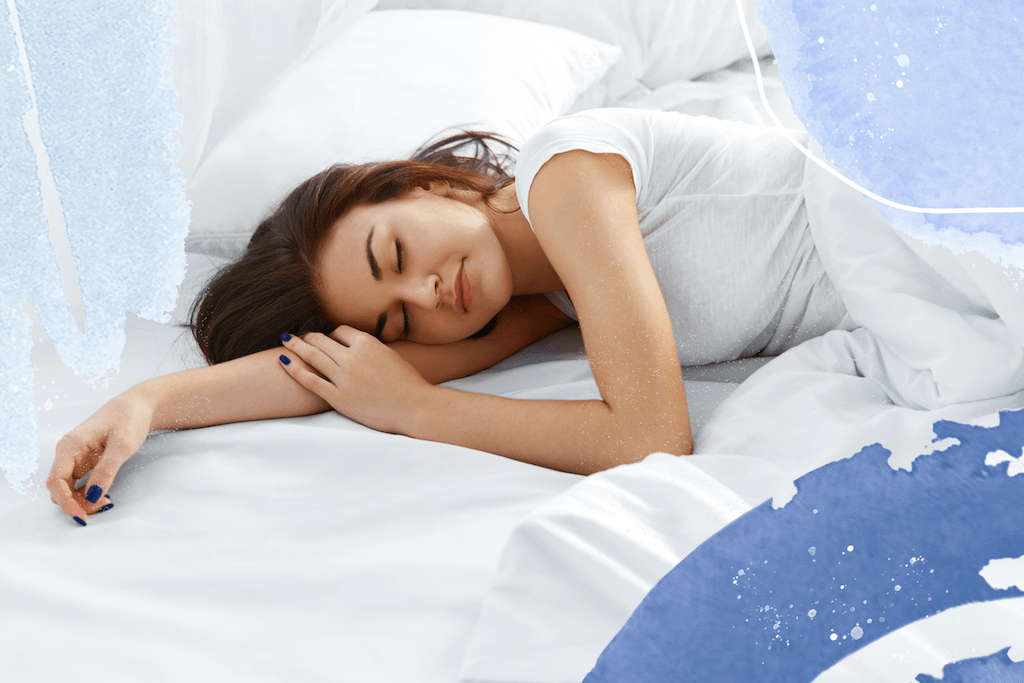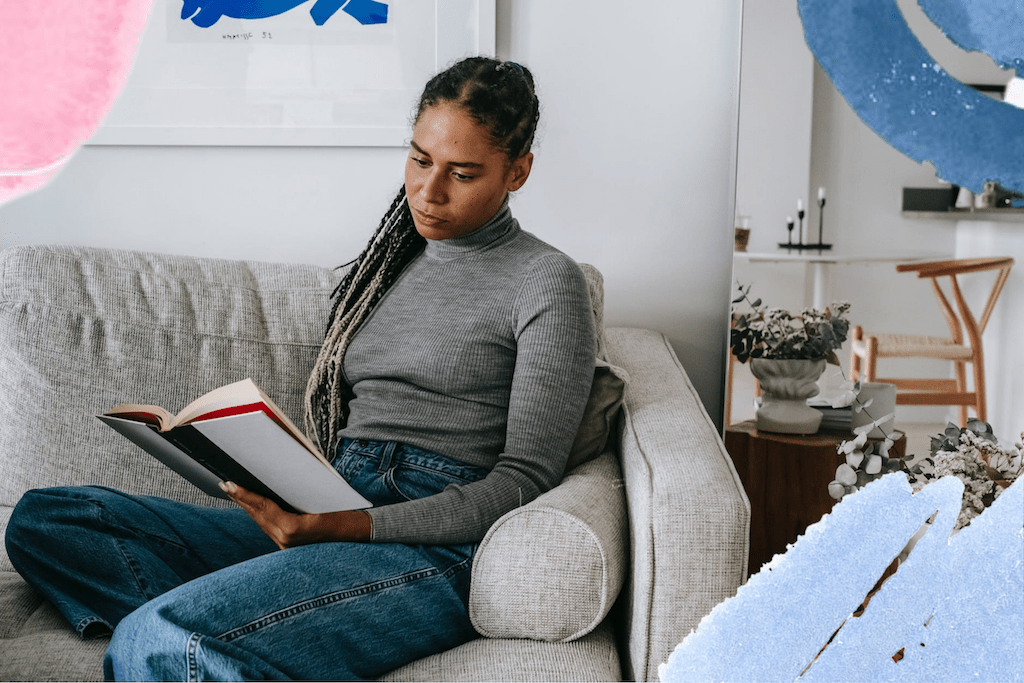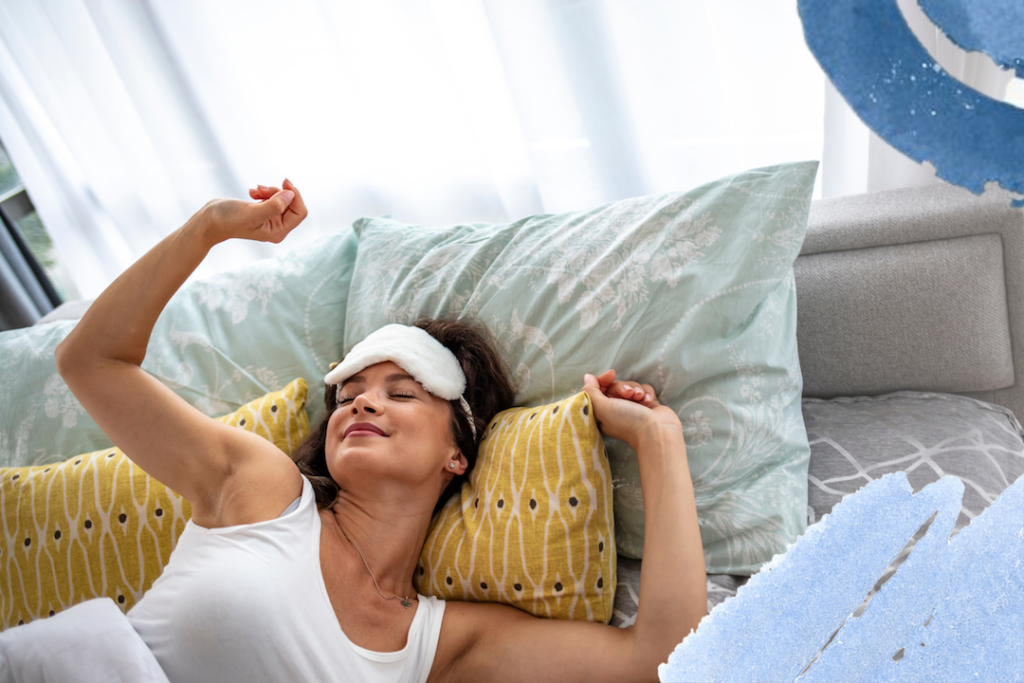
Can’t a guy/gal/gender-neutral-pronoun catch a break? The stresses and strains of 2020 have seamlessly carried over into the new year with not a moment of let up, and it’s safe to say that all this turbulence seems to carry over from the daytime into our night’s sleep, too.
If you’ve been waking regularly in the night, then firstly, you’re not alone. Back in August, it was reported cases of insomnia in the UK had sharply risen during the coronavirus pandemic, and with the situation even more distressing now, we can only imagine that Brits’ quality of sleep has worsened.
Secondly, it’s important to be aware that there could be a medical explanation for your sleeplessness; you may be suffering from an underlying medical reason which could explain why you’re regularly waking in the night, such as sleep apnea, acid reflux or bladder issues.
But if you’ve eliminated these as a reason, then it could well be your lifestyle choices keeping you up at night. Today, we’re here to examine those and offer some solutions. Here’s 5 lifestyle tips on how to sleep through the night without waking.
DEVICE DOWNTIME
If you’re wondering how your lifestyle is affecting your sleep and how to sleep through the night without waking, then first look at your devices. Not actually look at them; that’s the problem, here.
Working from (and spending all our time at) home has inevitably led to a huge rise in the nation’s screentime, both during our working day and as a way of filling our downtime. After the first lockdown, it was reported that our screentime had soared, with Brits spending half their day staring at their phones, laptops or the TV.
And though we realise the irony of cautioning against this whilst we’re so keen to keep you here with us on this page, all of that screentime is also wreaking havoc with your sleep. We’re sure you’ve already heard of blue light, which screens emit strongly, disrupting your brain and body’s ability to prepare for sleep by blocking the sleep-inducing hormone melatonin.
But that’s not all; regularly doom scrolling and reading about the current perilous state of the world just before bed is sure to disrupt any sense of calm you’d cultivated. It’s also likely to be on your mind when you wake in the night, making it harder to fall back to sleep.
As such, experts recommend imposing a ban on all devices for at least an hour (and ideally more) before bed, enabling you to instead focus on a healthy, hygienic bedtime routine.

SAY NO TO LONG NAPS
Let’s be honest here; we all love a nap. Until, of course, we’re once again awake in the middle of the night, searching for patterns in the ceiling and for answers to some of life’s burning questions. During those dark hours, that daytime nap suddenly feels like a very big mistake.
Though, according to the Sleep Foundation, a nap of between ten to twenty minutes shouldn’t pose any problems (is that all we’re allowed?!), they caution that any more than that could cause problems with your sleep cycle. This is particularly true for naps taken after 2 pm, which ‘’may affect your ability to fall asleep at a reasonable time later that night, potentially disrupting your nocturnal sleep cycle’’.
If you are going to nap, follow the expert’s advice; keep it short and do it early.
KEEP A REGULAR BED & WAKING UP TIME
The way you prepare for bed each evening and the manner in which you wake up both have a huge impact on how you sleep. Following a routine for each, involving consistent falling asleep and waking up times, even at weekends and when you’re on holiday, can dramatically improve your quality of sleep.
Should you be wondering how to sleep through the night without waking, then it’s important to defer to the experts. When Somnologists talk about ‘sleep hygiene’, they are particularly referring to the importance of this consistency. This is because we are creatures of habit, and our brains quickly get into a rhythm regarding our sleep-wake-cycle. As anyone who has woken up naturally at the exact same time a few days in a row will attest, humans have a remarkably precise body clock; treat it with respect by going to bed at the same time each night, and you’ll be rewarded with a quality night’s rest.
The way you wake up also matters; avoid that snooze button at all costs; it can be hugely disruptive to your internal body clock. And ideally, you should get out of bed shortly after you wake up, opening the curtains or better still, going for morning walk, to allow natural light to wake you up, fully and comprehensively.
If you’re keen for more tips on how to wake up well, check out this advice on how to feel more energised in the morning. You won’t regret it!

CUT BACK ON THE CAFFEINE & ALCOHOL
We love a cup of freshly brewed coffee to start the day and a glass of Beaujolais to finish it as much as the next person, but the science regarding both beloved tipples’ effect on our Zzzeds can’t be ignored. If you’re walking into 2021 determined to sleep better, then it’s a prudent move to cut back on both. Or at least, enjoy them responsibly and with particular attention to what time you’re imbibing.
Though you may think alcohol makes you sleepy and coffee wakes you up, they actually harm the quality of your rest when consumed close to bedtime. If you’re going to have a glass of wine, do so before or with dinner and not later in the evening. Alcohol works as a diuretic, dehydrating you and increasing your need to go to the loo; two things which are certainly not conducive to a good night’s sleep.
And though you may feel like you can’t get going without a coffee, nutritionists now recommend that you shouldn’t have your first cup of Joe until at least mid-morning. Drinking it too early messes with the regulation of your body’s cortisol production, and ultimately, your circadian rhythm. Hold off for a couple of hours after waking to mitigate this effect.
DON’T PANIC IF YOU DO WAKE
Of course, as we age, the idea of achieving a full, uninterrupted, undisturbed night’s sleep becomes more and more far-fetched. This is because over the years, our bodies produce less of the sleep hormone melatonin, leading to a more fragmented night’s sleep.
If you do happen to wake up in the middle of the night, the key here is not to panic. Remain calm and appreciate that even laying in bed, in the dark, is restful and restorative. And if you really can’t fall back asleep, get up, have a walk around and a change of scene, perhaps read a chapter of a relaxing book, and you’ll more likely fall back to sleep when you return to bed. Good luck!





